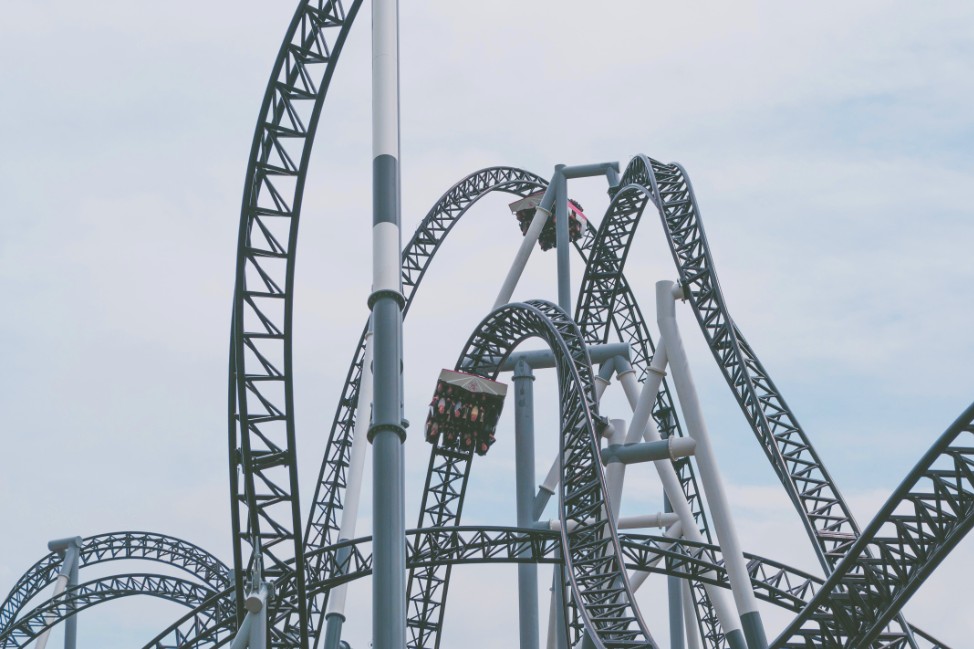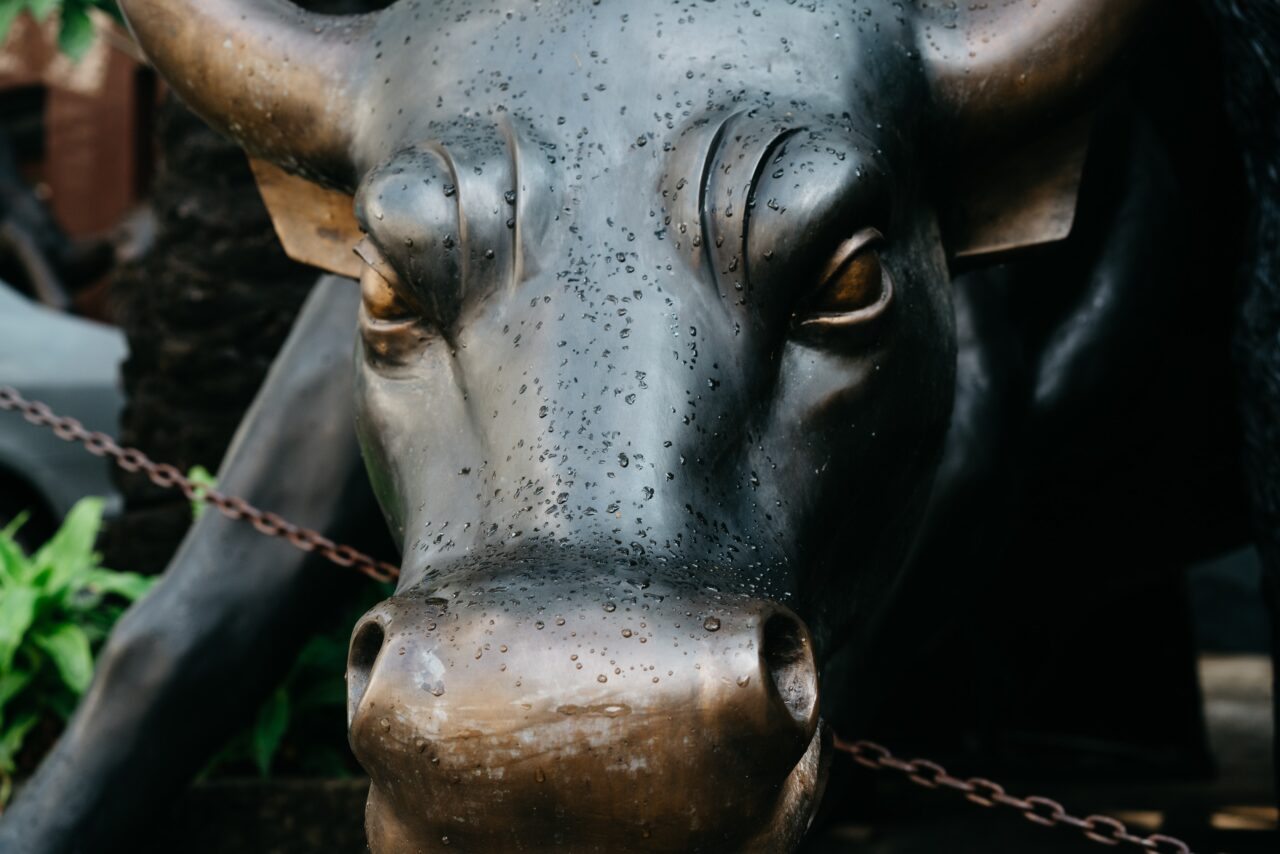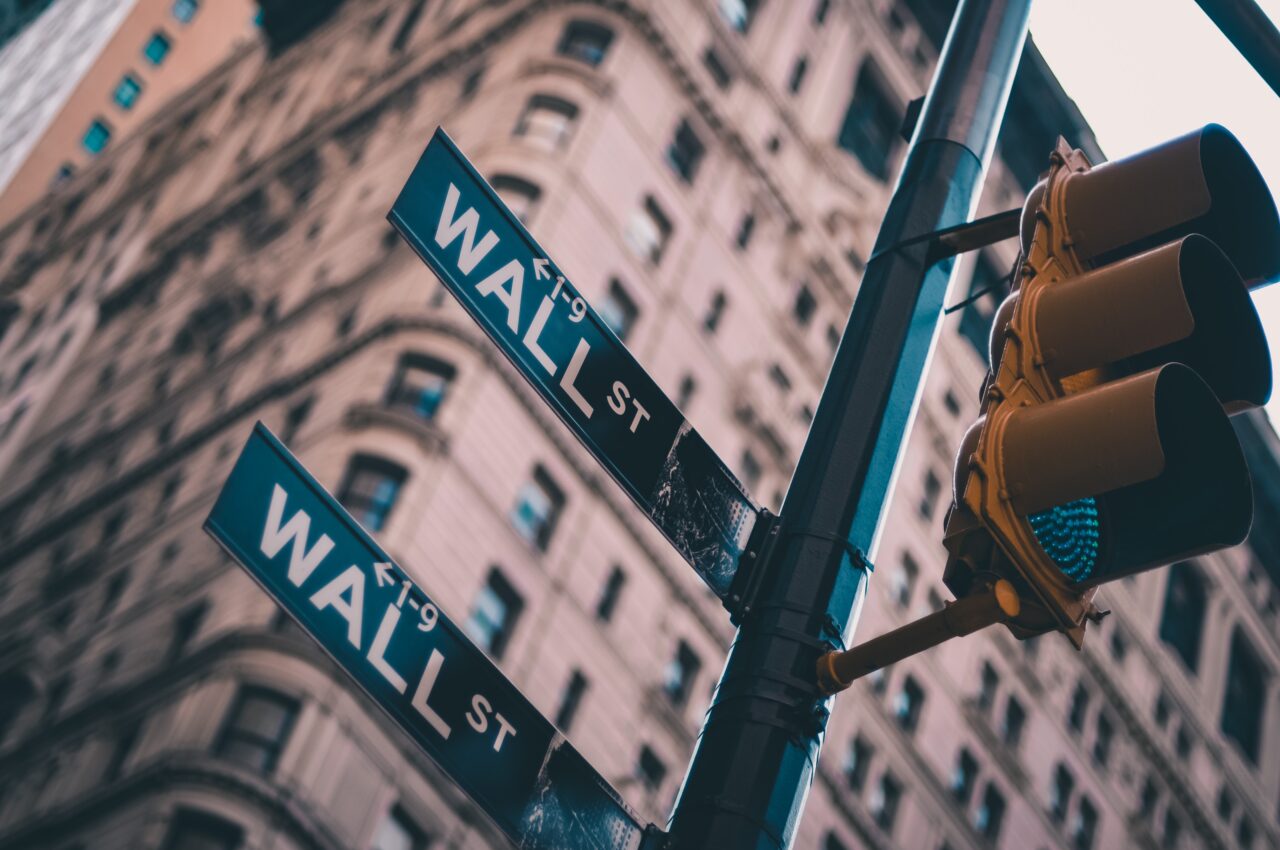
Mind Games: Market Whiplash
If you began 2020 in hibernation and just woke up, you would think that the market being close to flat for the year means the first six months were uneventful.
Nothing could be further from the truth. We had a severe market drop of 34% due to Coronavirus and the ensuing economic damage followed by the largest rally in the history of the S&P 500. The market quickly reversed and gained more than 40% from the lows.
When we experience such significant losses, it can cause our amygdala (biological fear center) to activate and influence us to “get to safety”. In the investment realm, we get to safety by selling. This is why investors who know we should buy low, sometimes end up selling low.
In this case, any investor that sold low has been left out of the fantastic market gains. While the pandemic and speed of the selloff and subsequent rally are unique, the “whiplash” is not too uncommon.
JP Morgan has found that some of the strongest market gains occur within weeks of the most severe market losses. And over a 20-year period, if we miss out on just 10 of the best days, it can reduce our performance by over 50%. That is a significant cost to missing out on so little.
This is why it is so important, even when things get extremely volatile and uncertain, to remain disciplined in your plan. The markets swing wildly, and in both directions.
If you’re considering working with us here at Mosaic, we invite you to learn more about who we serve and how we help them. You can also contact us with any questions you have.
By Marcus E. Ortega, ChFC, RFC | Investment Advisor Representative | CEO of Mosaic Financial Associates & Orthopaedist Advisory Group | Securities and advisory services offered through Cetera Advisors LLC, Member FINRA/SIPC, a broker/dealer and a Registered Investment Advisor. Cetera is under separate ownership from any other named entity.
The S&P 500 is a market-cap weighted index composed of the common stocks of 500 leading companies in leading industries of the U.S. economy.
©The Behavioral Finance Network. Used with permission.







